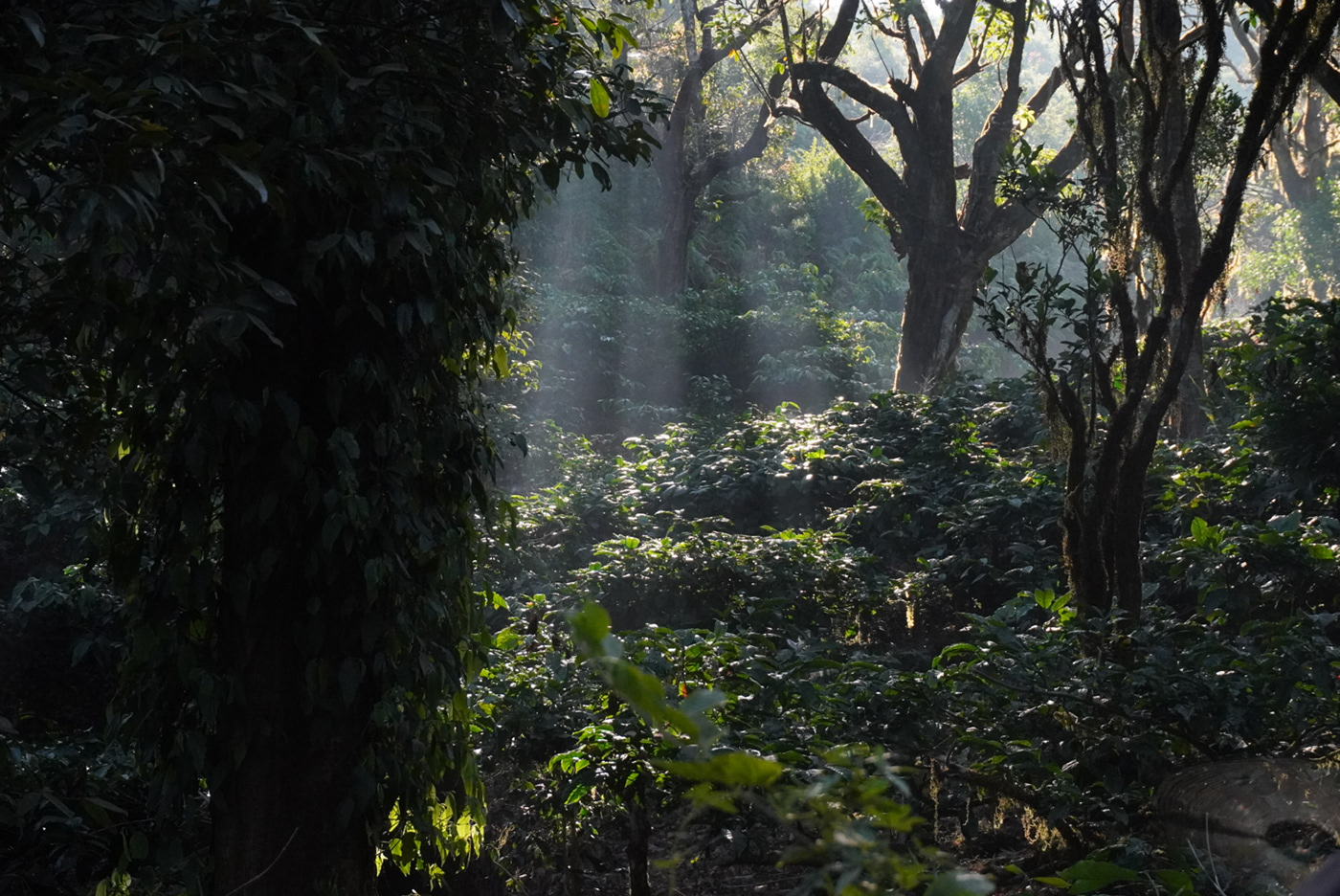This film talks to the social media addicts, the city dwellers blinded by technology to such an extent that they are actually NOT aware of what’s happening outside their homes. Everybody wants to follow the latest eco-warriors, repost and keep sharing valuable climate action related content, but how many of us are really going out there to make a difference? Did people stop buying plastic mineral bottles? Did junk food stop selling in non-recyclable packaging? Are the Indian roads 100% free of cigarette butts and human saliva? This basically shows that while we are consuming content on the internet about healthier lifestyle, cleaner methods of living, we aren’t actually implementing them in our daily practice.
So what will it take for everyone to get onboard and save this planet? When will change take place? Why should we be monitored to take care of our surroundings? Don’t we all possess OCD when we are in our own homes? Always keeping things in its place, segregating waste and tidily discarding them in the right dustbins. So how do we have the audacity to trash the roads in India as we please?
Convenience has been replaced with laziness. When it is convenient, only then we choose to be aware. Using less water, not wasting food, collecting my trash and segregating my waste, not to take long showers, carrying my own bag to the supermarket without fail. These can be shot by me and actually shown in the video, instead of mentioning the things we see. Most text animated will be the questions I want to ask the audience after they see something unpleasant (grounds piled with only trash because we couldn’t bother to segregate our waste, sewage water in rivers, grounds drying up - these are sights to see around us in India)
The video is about questioning the things that have been questioned before, but with a dramatic background video and music, I feel I can reach the audience. I want to hit their right chords, that gets them thinking,
“Yes, what can I do to change some of my habits?”
The idea was to re-create the videos on a multi-lingual scope, in order to reach out to people pan-India, and spread awareness about how us humans are trashing the planet that we so fondly call "HOME".
Below is the Hindi translation of the video.
Nishani Motte Forest in Madikeri, Coorg.











